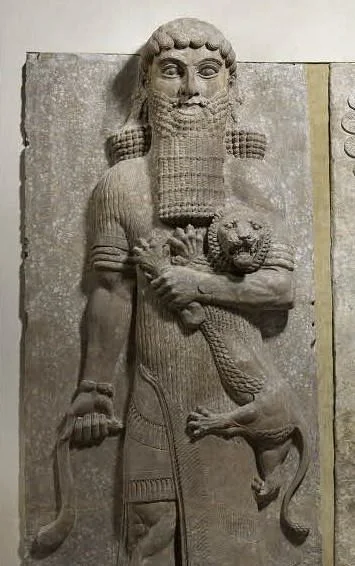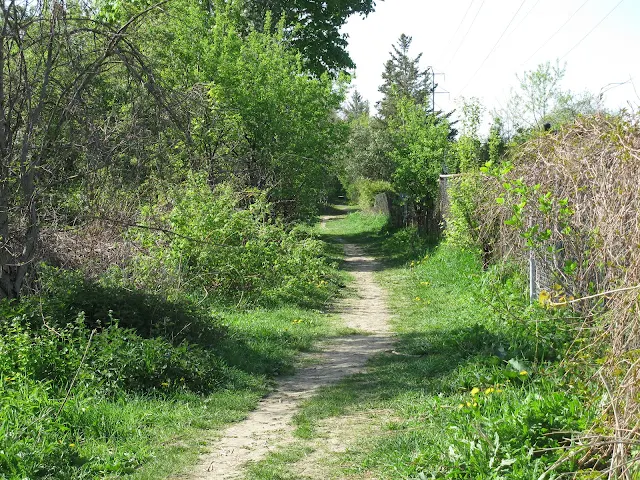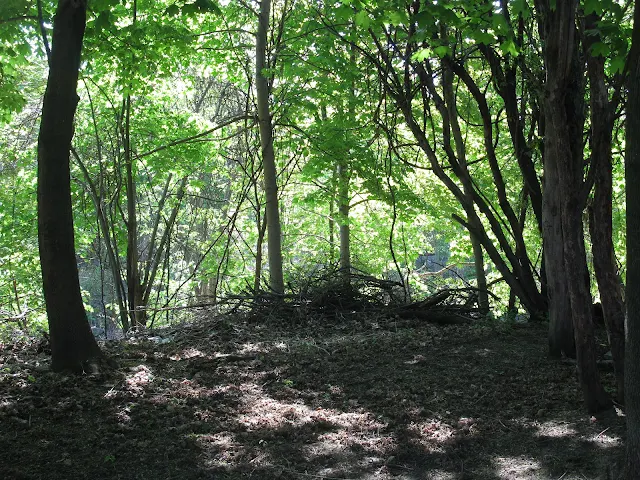.jpg) |
| Confessions (1980, 1981) by Barbara Amiel |
We Canadians take freedom for granted; unlike Americans we were never big on liberty and even less so today. I am not sure freedom was ever an issue in Canada, independence from the United Kingdom was greeted with a yawn; we have been complacent and lazy and assumed the government was benign. And now freedom and liberty have become verboten words, they associate anyone saying them with being a conservative and we all know the anti-conservative bias of the CBC. Conservatives are condemned out of hand by progressives and liberals. Conservatives are cancelled.
Why did the parents of some of my former students come to Canada? Some were boat people from Viet Nam, some were from Cambodia, others were from Afghanistan and other places where freedom didn't exist. All of these people love freedom and came to Canada in order to be free, which means to have the opportunity to fulfill one's capacity, one's ambition, and one's intelligence; to speak freely, express one's religion freely, to buy and own property as one wishes. Most of these people have flourished in Canada which has given them a new life of opportunities in a new country. These people came to Canada for liberty and freedom but the times have changed; in Canada today, the desire is to restrict people's liberty and criticize anyone who speaks of freedom. Being safe is the priority of our federal government, and Justin Trudeau is quick to praise being safe; maybe he's right . . . but you don't build a great country by being safe.
Still worth reading over forty years after it was first published, here is what Barbara Amiel writes on liberty; from Barbara Amiel's Confessions (1980,1981), pages 118-119:
And why is liberty important? Liberty itself, of course, doesn't solve any of the problems of existence. It doesn't even address itself to their solution. All it does is to leave each person free to find an answer to a pressing human need, lack, or iniquity. It does not attempt to substitute a party's, a dictator's, a saint's, or a philosopher's view for the goodwill and ingenuity of millions of free individuals.
Does liberty have a price? It certainly does. When people are free to act well, they are also free to act badly. When they are free to hold humane and accurate views, they are also free to hold inhuman and stupid opinions. But the safety-net of classical liberalism rests on the not unreasonable belief that free people will act for the good with at least the same frequency as they act for the bad, while excesses of malice and greed can be held in check by ordinary criminal laws guarding citizens against injury, theft, fraud, libel, and the like.
Does liberty work better than the planned society? For millennia centralized kingdoms, empires, and religious states have planned diligently for prosperity which eluded them (or was theirs only temporarily as a result of bloody conquest) until the ideals of classic liberalism allowed a small part of the world in which they took hold -- North America and Western Europe, mainly -- to create undreamed-of riches. Of course, the technological advances of the Industrial Revolution played an immense part in this -- but were themselves largely produced by this freedom.
The wealth created by a relatively undirected, uncanonized, untheological, un-feudal, free-trading, supply-and-demand economy was, of course, not distributed equally among citizens, but who can deny that it was distributed more equally -- and more equitably -- than the wealth of any centrally regulated regulated system, monarchy, or dictatorship, before or since? And while justice in such free societies was far from perfect, who can deny that it was far more perfect than justice meted out in a regulated state?
.JPG)
.JPG)
.JPG)

.JPG)
.JPG)
.JPG)
.JPG)
.JPG)




































.jpg)

